An unified legal framework that strikes a balance between the interests of creators, customers, and digital platforms is more important than ever due to the interconnectedness of the world. Furthermore, enforcement attempts are frequently outpaced by the rapid advancement of technology, calling for flexible approaches.
Worldwide Connectivity

An era of global interconnection, when ideas, information, and innovations move freely across boundaries, has been ushered in by the digital age. This has presented intellectual property law with both fresh opportunities and difficulties.
Among these, the ease of copying and sharing digital content has raised the possibility of theft and IP violation. The advent of open-source software, which is accessible to everyone without charge, has also sparked worries about copyright violations.
The difficulty of enforcing patent rights in a global economy presents another difficulty. For example, it's becoming more difficult to fight against accusations of patent infringement due to the rise of patent trolls, which are companies that purchase and use patents for petty purposes.
The paper investigates the complex interactions that exist between intellectual property law and developing technology. The study presents real-world case studies that illustrate the challenges and opportunities that exist at this convergence, from blockchain-enhanced supply chain authentication to AI-driven pharmaceutical discoveries. It also emphasizes how flexible legal frameworks must be in order to guarantee that intellectual property rights rules keep up with advances in technology.
Simplicity of Sharing
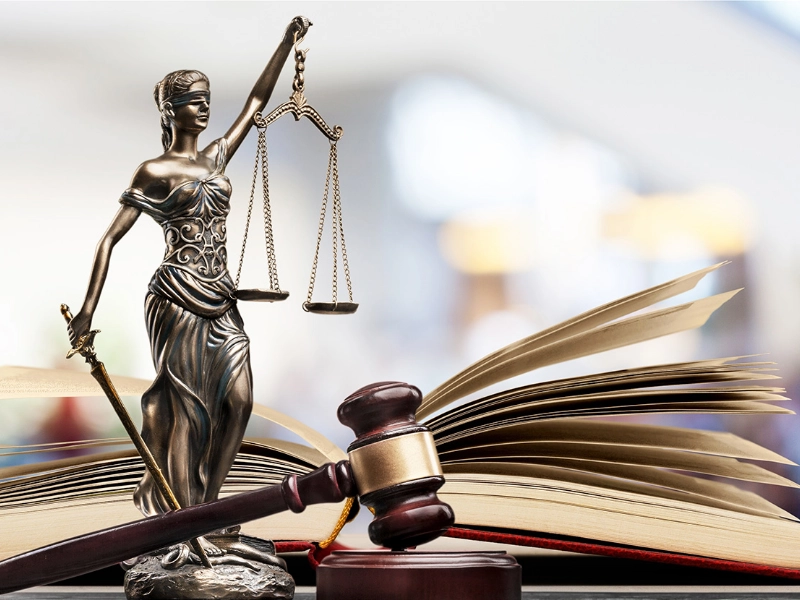
The ease of copying and sharing digital material poses a serious threat to intellectual property protection. It encourages widespread piracy, which calls for a strong IPR framework to protect creators and promote creativity. Additionally, it presents new business models that would necessitate additional investigation and modification of IPR laws.
Rapid technical improvements frequently surpass enforcement efforts in the era of globalization, exposing intellectual property rights to new risks. Furthermore, the international scope of the internet complicates efforts to enforce laws across borders, necessitating an all-encompassing strategy for protection.
The legal system must investigate ways to modify the duration and scope of current laws in order to bring them into line with technological advancements and the digital age. It must also advance digital literacy and education in order to provide a secure atmosphere for creation. In order to encourage innovation and the sharing of knowledge, it must also encourage the adoption of alternative intellectual property regimes. These programs have the potential to stimulate innovation and give businesses a competitive edge in the digital economy.
New Technologies
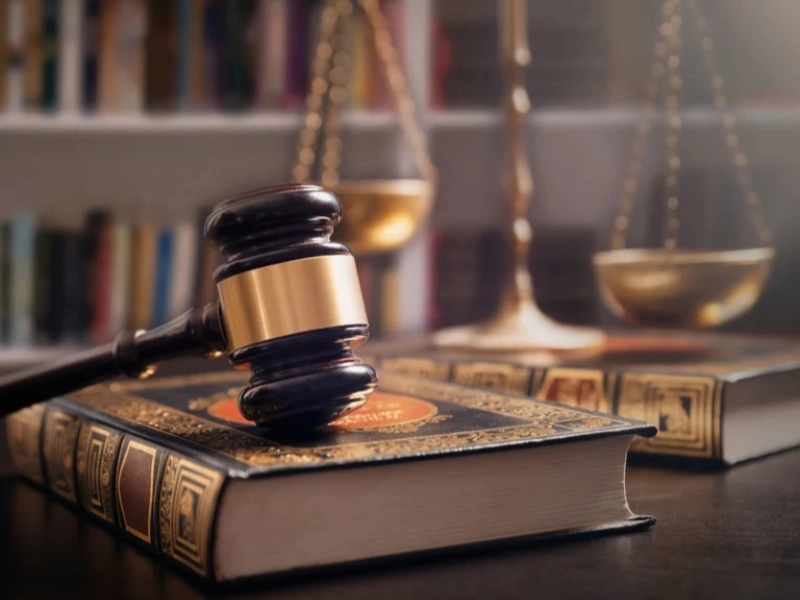
Intellectual property laws need to change as technology does in order to protect innovation and creativity. Artificial intelligence and digital rights management tools are two examples of technological solutions that can aid in the prevention of intellectual property piracy and unlawful usage.
Additionally, businesses can register their intellectual property with the relevant authorities as a means of safeguarding it. This might offer an extra degree of security and facilitate legal action against violators.
Regardless of the copyright, trademark, patent, royalties, or licensing concerns you face, Winston & Strawn can help you craft the correct plans and guidelines to take advantage of the special opportunities and challenges presented by the digital era. It is possible to guarantee that innovation and creativity will flourish in the future by adopting a well-rounded strategy that integrates both technological and legal remedies. Get in touch with us to find out more.
Implementation
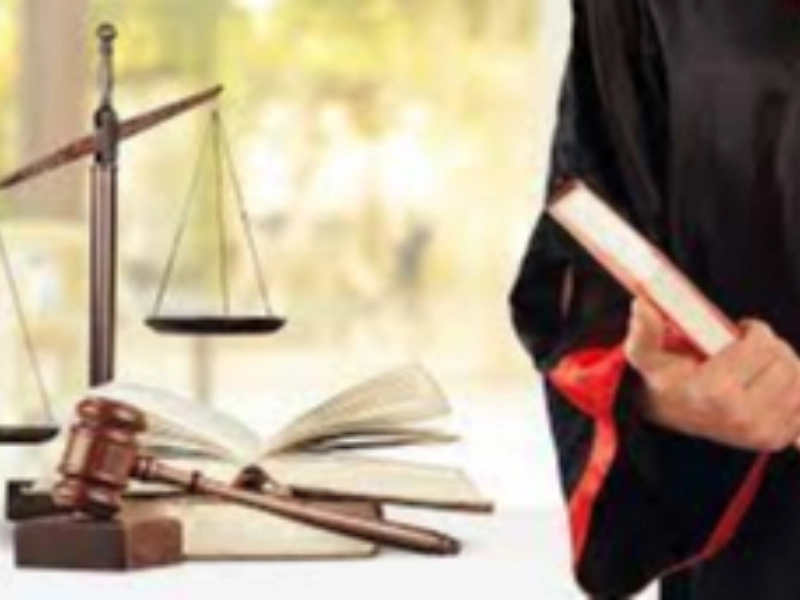
Intellectual property is more susceptible to theft and unlawful infringement as it becomes more globalized and digitalized. For instance, online piracy threatens the sources of income that can finance the development of new ideas. This may deter business owners from raising capital for their ventures or concepts.
The internet economy is worldwide, which complicates the enforcement of intellectual property rules. This is a result of national variations in laws and regulations. In addition, enforcement actions are frequently outpaced by the quick speed at which technology is developing.
Finding a balance between defending intellectual property rights and granting access to information and technology is something that stakeholders must work toward. Collaboration across various fields is necessary for this, including academia, law, technology, and ethics. Alternative business models that can promote innovation while balancing the interests of creators, customers, and digital platforms may be the subject of future research. It might also look at how to modify current IP regulations to address the demands of the modern world. This can entail thinking about new types of intellectual property protection, such artificial intelligence, as well as modifying the term and extent of currently granted rights.
Recommended Reading: Establishing and running a company



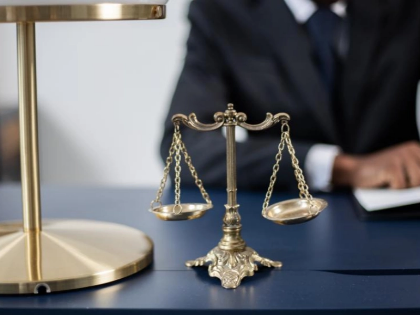

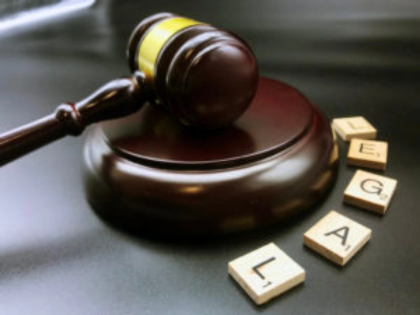


















This trims mental overhead.
Breeds useful tension.